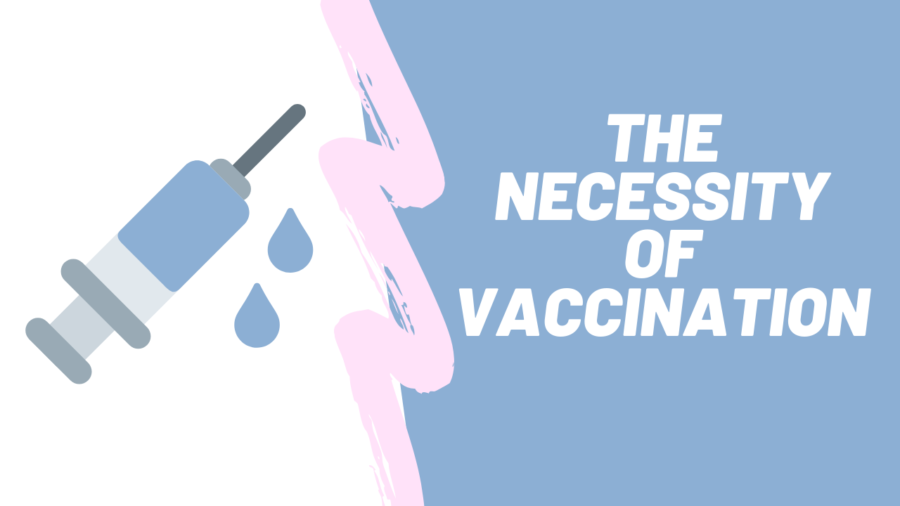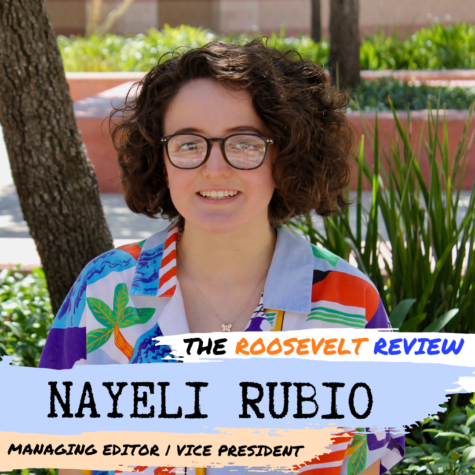Opinion: The Necessity of Vaccinations
Despite having been widely supported for decades and by countless studies validating their safety and effectiveness, some have started to doubt the validity of vaccinations. Why?
April 26, 2019
Vaccination is a process that has been around for centuries. The invention of vaccines was revolutionary, and as time went on, medical technologies advanced and refined it. This simple process has been and remains effective in saving countless lives. This technology has been so effective, in fact, that through vaccination, measles was declared as eradicated in the US in 2000.
Athena Palma, a Biology teacher here at ERHS explained that vaccines work by, “…introduc[ing] either part of a bacteria or virus or something that looks like the bacteria or virus and it turns on your immune system. It gets your immune system ready to fight off a certain bacteria or virus, whatever’s being introduced, and then when the real thing gets in your body, your immune system is ready to attack it right away.”

Athena Palma is vaccinated, and so are her children.
However, not everyone believes in this life-saving technology. Some argue that it is dangerous because of the chemicals they contain, but one of the most famous arguments against vaccinations is their possible link to autism.
Palma explained the truth: “Vaccines do not cause autism.” She went on to explain that there was only one study that supported this claim, but since then it’s been, “…disproven many times over and over and over and over and over again and yet people still think that it’s true.”
Vaccines can help prevent otherwise extremely harmful and even fatal diseases, and yet some are willing to take the risk, which is ultimately selfish. There are several reasons why vaccinations are a necessity for all people. The first, obviously, is that they prevent sickness. But Palma explained that another great reason to support the process is social responsibility. In an interview, she stated that, “If everybody gets their vaccines, this actually eliminates many of the bacteria and viruses that are a problem and when that happens, everyone is healthy. But without that, you’re… actually putting others at risk.” While measles was declared as eradicated in the US in 2000, uneducated arguments have led to an increase in the numbers of those infected.
In fact, it’s gotten so bad that measles has infected 695 people in America, the highest number since 2000, according to The New York Times. This outbreak justifies how important it is to be responsible when it comes to health.
Vaccinating yourself and your children, if you have them, is ultimately your choice. But when making the choice whether or not to vaccinate, Palma states that, “You have to take into consideration that your decisions are affecting other people in society.”
Her ultimate message? “People need to get educated on vaccines.” I agree with Palma. If we are more socially conscious and educated, then we can all work together on eradicating the diseases that we can through–you guessed it–vaccinations.


